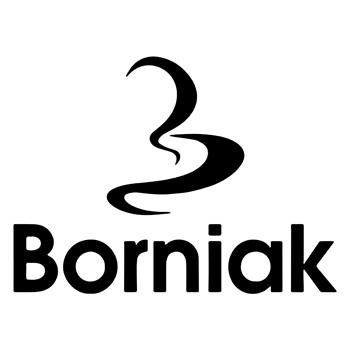Apprenticeship Levy can help nurture home grown talent says HIT Hospitality

The UK Chancellor, George Osborne, used the autumn budget statement earlier this week to announce the terms of the much anticipated Apprenticeship Levy, which has been met with mixed reactions across the Hospitality Industry.
The levy, which is due to come into effect in April 2017, will be 0.5% of an employer’s wage bill, and will be paid by organisations with annual wage bills in excess of £3 million. Every employer will receive a £15,000 allowance to offset against the levy and spend on apprenticeship training.
Contributions by large employers will help to generate £3 billion in funds, and create 3 million new apprenticeships by 2020. In addition, as part of the new system, the Government will be expanding tuition fee loans to 19 to 23 year olds at levels 3 and 4, and 19+ year olds at levels 5 and 6 (degree level) to provide a clearer path for learners to attain technical, specialist and management skills where an apprenticeship may not be suitable.
 Jill Whittaker, Managing Director of HIT Training, the leading apprenticeship supplier for the Hospitality Industry, commented:
Jill Whittaker, Managing Director of HIT Training, the leading apprenticeship supplier for the Hospitality Industry, commented:
“The biggest fears appear to be that smaller businesses with a high wage bill – on which the levy is based – will be adversely affected and that bigger companies will cut back on training budgets in order to offset the new costs.
“We believe that driving the status of apprenticeships in the UK can only be a good thing. We have seen headlines about the chefs’ skills shortage, and we also know that soft skills are also in short supply; over 50% of Hospitality businesses have experienced an issue around recruiting because of lack of appropriate training*, with 26% of those claiming they had lost business to a competitor as a direct result*.
“It is because of this that we believe operators should look to ensure they receive maximum value from their levy payments, which will in turn provide an unprecedented level of access to training and skills development to the workforce.
“This offers huge benefits to the Hospitality Industry, which can nurture home-grown talent at all levels, boosting the bottom-line and off-setting the levy payments to generate an engaged and skilled workforce for the future.”
The major beneficiaries of the levy will be smaller businesses with lower wage bills, who will have access to the fund without making a contribution to it until they hit £3 million payroll. According to the Chancellor’s statement, this will cover 98% of businesses in the UK, a claim which has been backed up by a number of sector bodies such as the British Beer and Pub Association (BBPA) which said “small businesses like pubs will not be typically burdened by the Apprenticeship Levy.”











